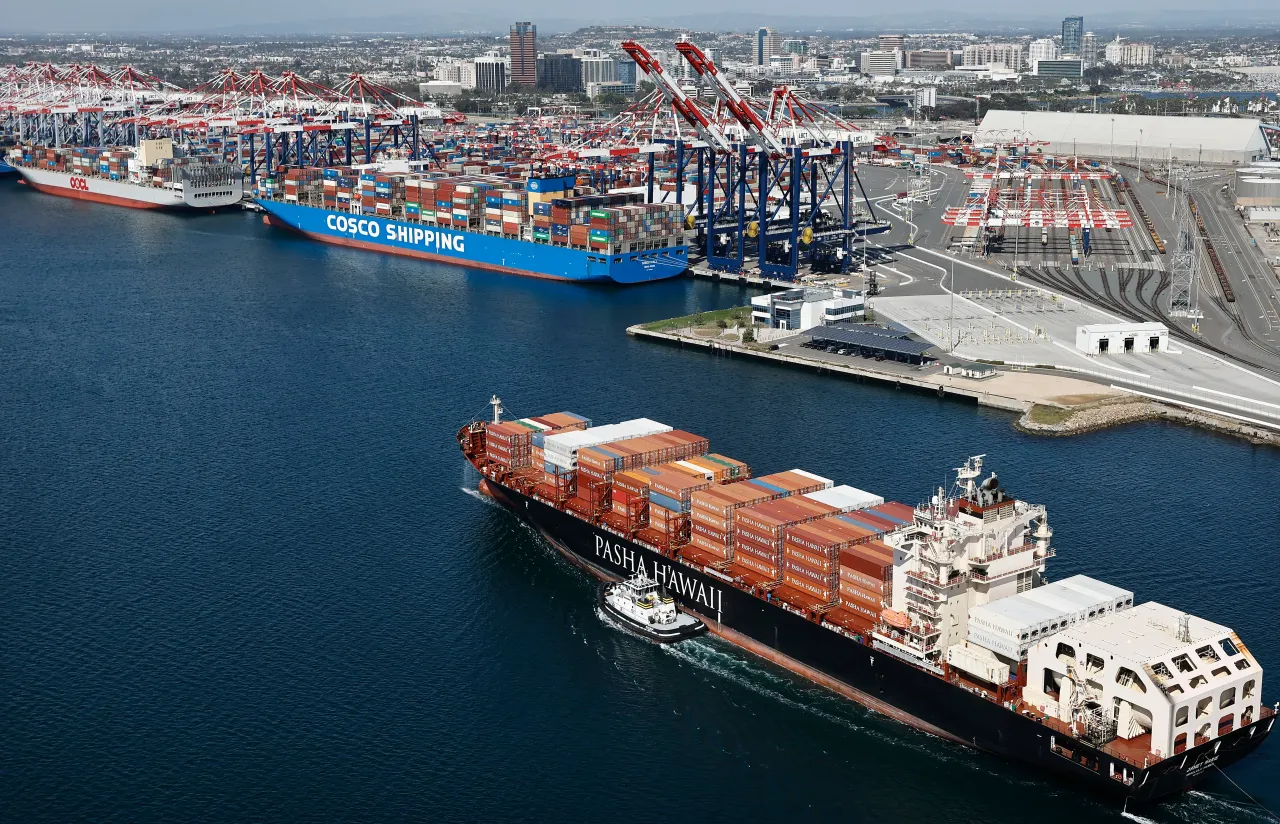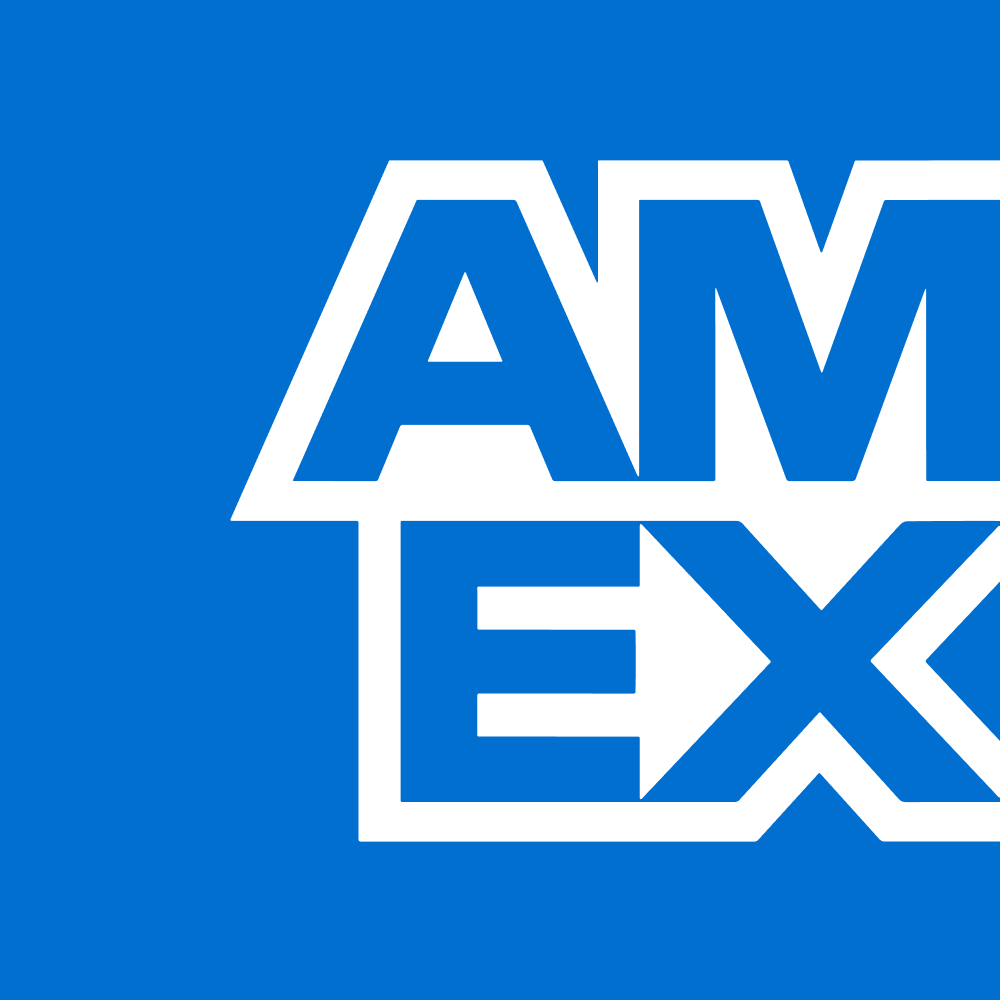Advertisement|Remove ads.
Christmas Comes Early: Retailers Rush Holiday Goods Into US Ports To Blunt Hit From Trump Tariffs

U.S. retailers have accepted imports of products meant for sale during the holding season at least a month early, in a bid to avoid the additional costs tied to tariffs, an official at the U.S.' busiest seaport told Reuters.
"Much of the year-end holiday cargo has already arrived and is working its way through the national supply chain system," said Port of Los Angeles Executive Director Gene Seroka, as quoted in the report published late Wednesday.
The development comes as the National Retail Federation, representing companies like Walmart and Target, expects container imports to steadily decline for the remainder of the year.
In July, the post handled 1.02 million 20-foot equivalent units (TEUs), the highest volume in its 117-year history, followed by 958,355 TEUs last month. Seroka expected September volumes to be 850,000 TEUs, about 10% softer than a year earlier.
Most of Donald Trump's tariffs, which went through multiple rounds of changes since April, came into effect last month.
To be sure, companies typically stock up ahead of the holiday season. The stretch from early November through New Year's marks the peak shopping season, with retailers rolling out steep discounts to entice consumers and boost sales.
However, projections are grim for this year. Deloitte recently forecast U.S. sales between November 2025 and January 2026 to rise between 2.9% and 3.4%, compared to a 4.2% increase in the same period last year.
A PwC survey released this month projected that holiday spending by consumers would decline the most since the onset of the COVID-19 pandemic, with a particular pullback from Gen Z shoppers.
That is worrisome for top retail store chains like Walmart, Costco, Target, Home Depot, Macy's, Best Buy, and others, as well as apparel and shoe brands like Nike and Levi Strauss.
According to the latest reading, the retail sentiment for WMT and COST, the two largest chains, and the Consumer Staples Select Sector SPDR Fund (XLP) was 'bearish' on Stocktwits.
For updates and corrections, email newsroom[at]stocktwits[dot]com.









/filters:format(webp)https://news.stocktwits-cdn.com/Getty_Images_2235778544_jpg_2b7ceca102.webp)
/filters:format(webp)https://news.stocktwits-cdn.com/Aashika_Suresh_Profile_Picture_jpg_2acd6f446c.webp)
/filters:format(webp)https://st-everywhere-cms-prod.s3.us-east-1.amazonaws.com/large_hawaiian_electric_resized_4b766fd741.jpg)
/filters:format(webp)https://news.stocktwits-cdn.com/jaiveer_jpg_280ad67f36.webp)
/filters:format(webp)https://st-everywhere-cms-prod.s3.us-east-1.amazonaws.com/large_sealsq_stock_market_representative_resized_b05435011f.jpg)
/filters:format(webp)https://st-everywhere-cms-prod.s3.us-east-1.amazonaws.com/unnamed_jpg_9dff551b50.webp)
/filters:format(webp)https://news.stocktwits-cdn.com/large_Getty_Images_2230137825_jpg_d14459f501.webp)
/filters:format(webp)https://news.stocktwits-cdn.com/large_anthropic_OG_jpg_51bd14bc5d.webp)
/filters:format(webp)https://news.stocktwits-cdn.com/large_Goldman_Sachs_resized_c6a47f630c.webp)